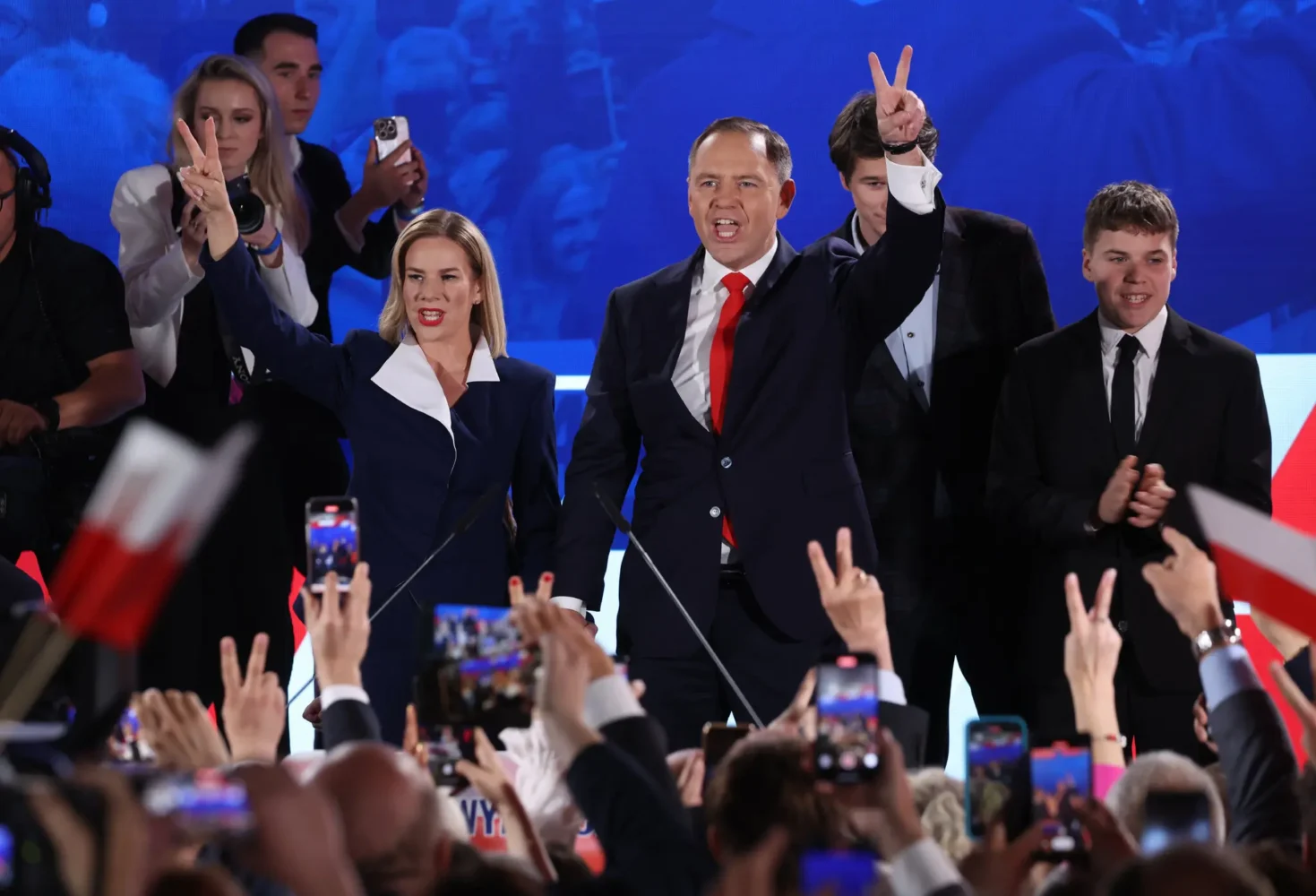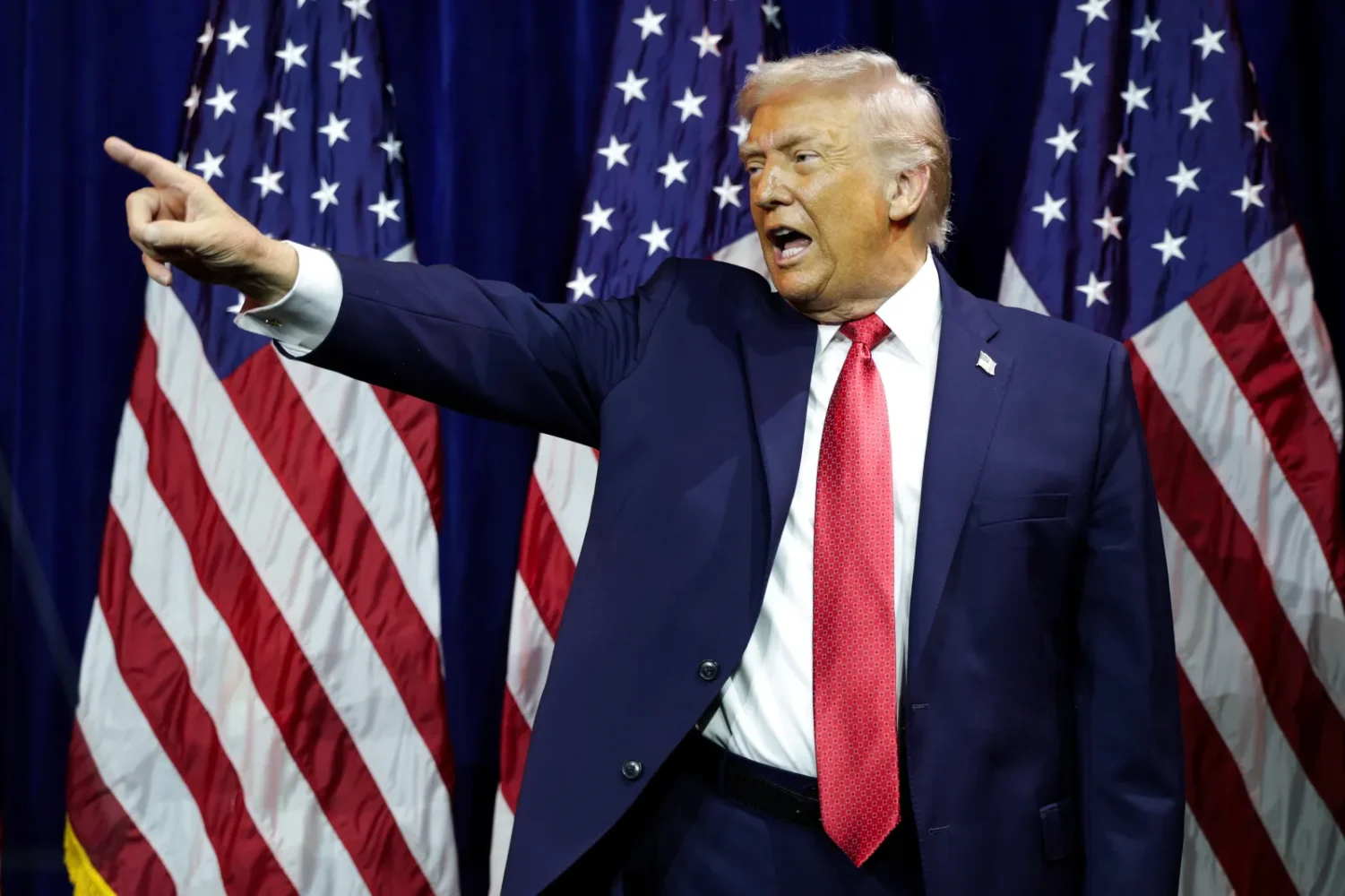In a hotly contested runoff election, Karol Nawrocki, a conservative historian and political newcomer, has been elected as Poland’s new president.
According to the State electoral commission (PKW), Nawrocki secured 50.9% of the vote, narrowly defeating liberal Warsaw Mayor Rafal Trzaskowski, who garnered 49.1%.
The election, held on June 1, 2025, witnessed a record-high voter turnout of 71.31%, reflecting the nation’s deep political divisions.
Nawrocki, 42, was backed by the nationalist Law and Justice party and received endorsements from international figures, including U.S. President Donald Trump. Trump had last month hosted Mr. Nawrocki in the Oval Office.
Nawrocki’s victory is seen as a significant setback for Prime Minister Donald Tusk’s pro-European Union government. As president, Nawrocki holds veto power, which could obstruct liberal reforms, including judicial changes and social policies, proposed by Tusk’s administration.
Nawrocki supports traditional Catholic family values and is a strong supporter of Polish sovereignty.
Domestically, Nawrocki’s campaign emphasized on traditional values and national sovereignty.
Despite controversies surrounding his past, including alleged misconduct and ties to football hooliganism, his message resonated with conservative voters seeking a return to “normality.”
Nawrocki is set to assume office on August 6, 2025, succeeding President Andrzej Duda, who sent his congratulatory statement.
“It was a difficult, sometimes painful, but incredibly courageous fight for Poland, for how the affairs of our homeland are to be conducted. Thank you for this heroic fight until the last minute!’ he said.
Mr Duda has served in office for two consecutive terms, a maximum provided by the law.
Nawrocki’s presidency is expected to influence Poland’s domestic and foreign policies significantly, particularly concerning EU relations and support for Ukraine.












